Publications
Articles, publications, books, tools and multimedia features from the U.S. Institute of Peace provide the latest news, analysis, research findings, practitioner guides and reports, all related to the conflict zones and issues that are at the center of the Institute’s work to prevent and reduce violent conflict.
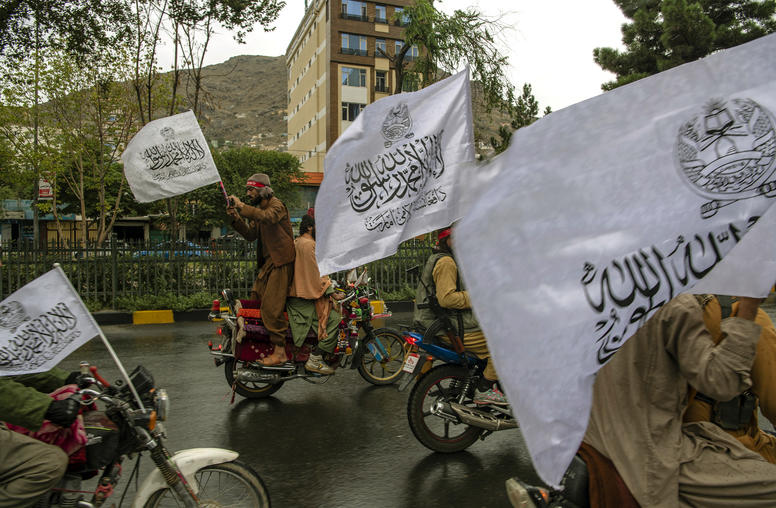
You Can’t Choose Your Neighbors: The Taliban’s Testy Regional Relationships
One year after the Taliban takeover of Afghanistan, its relations with its neighbors remain tepid as the region comes to grips with the reality that they now own a greater share of Afghanistan’s problems and the Taliban realize that neither recognition nor financial aid are going to come from the region easily.
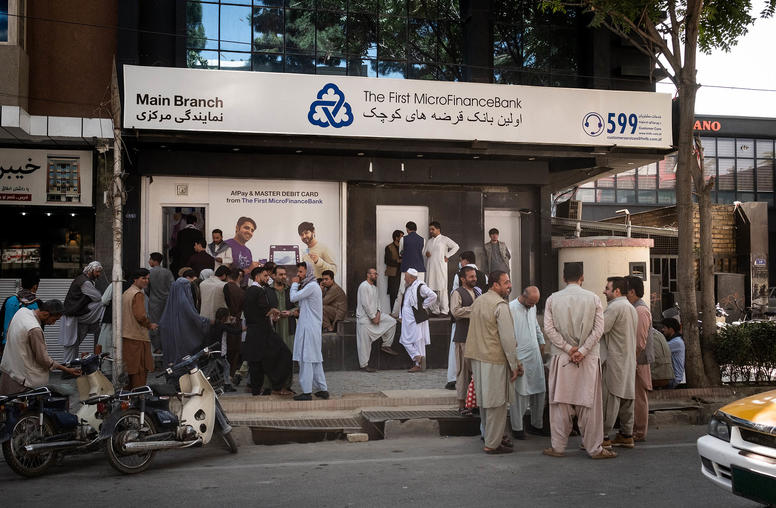
U.S. to Move Afghanistan’s Frozen Central Bank Reserves to New Swiss Fund
For almost seven months, Afghan central bank reserves frozen by the United States and set aside to somehow help the Afghan people, have sat, immobilized. Now those funds — $3.5 billion — are at long last on the move. On September 14, the U.S. and Swiss governments unveiled the “Fund for the Afghan People” as a Geneva-based foundation with its account at the Bank for International Settlements. The Fund will preserve, protect and selectively disburse this money. With this major policy step accomplished, new questions arise: What do these developments mean, what are realistic expectations for the reserves, and what needs to happen next?
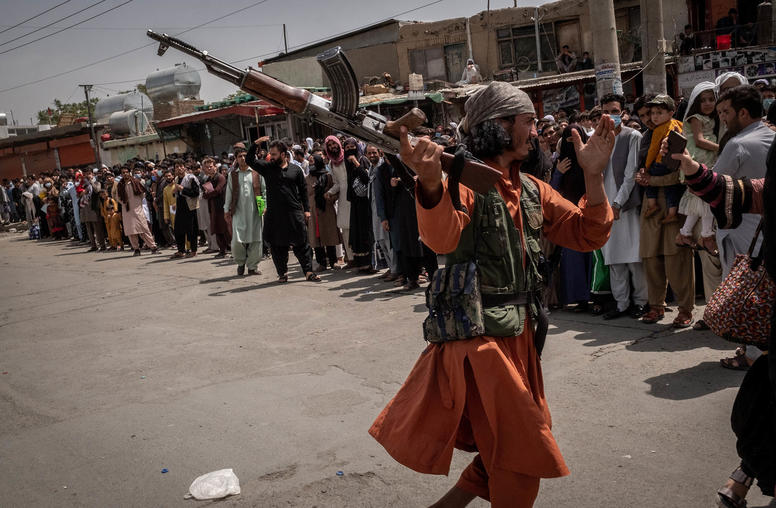
Want more accountability for the Taliban? Give more money for human rights monitoring.
Ahead of the U.N. General Assembly last week, U.N. Special Rapporteur on Human Rights in Afghanistan Richard Bennett released his first report grading the Taliban’s treatment of Afghans’ rights. It was an F. In the past year, the Taliban have engaged in a full-scale assault on Afghan’s human rights, denying women access to public life, dismantling human rights institutions, corrupting independent judicial processes, and engaging in extralegal measures to maintain control or to exact revenge for opposition to their rule. That is one of the main reasons — along with their continued support of al-Qaida and a refusal to form a more inclusive government — that Afghanistan has no representation at the U.N.
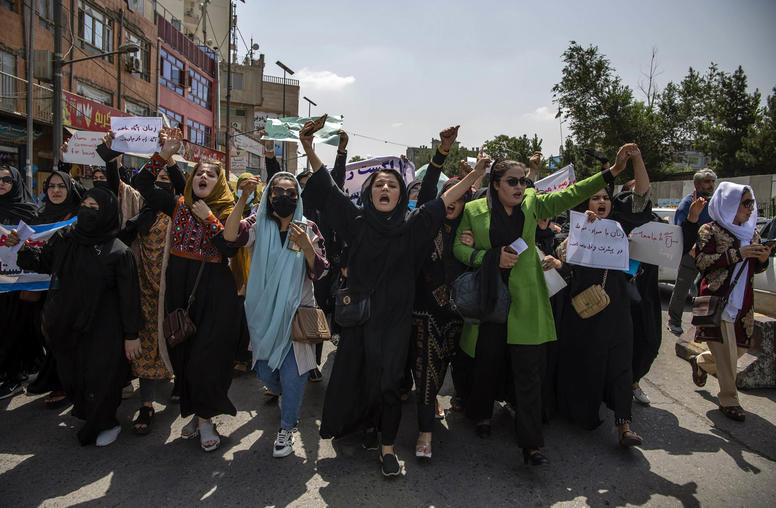
Iran’s Protests ... and the Afghan Sisters Next Door
Iran’s women are seizing worldwide admiration with 26 days of courageous defiance against their authoritarian government’s violent confinement of females as second-class citizens who may not freely work, marry, divorce, travel or even be seen with their heads uncovered. Less noted are this audacious movement’s existing, and potential, connections to the tenacious, 14-month campaign by Afghan women resisting the even tighter oppression of the Taliban. Street protest slogans, social media posts and other links illustrate a synergy between the movements that both should use in the difficult task of converting their inspiring courage into real change.
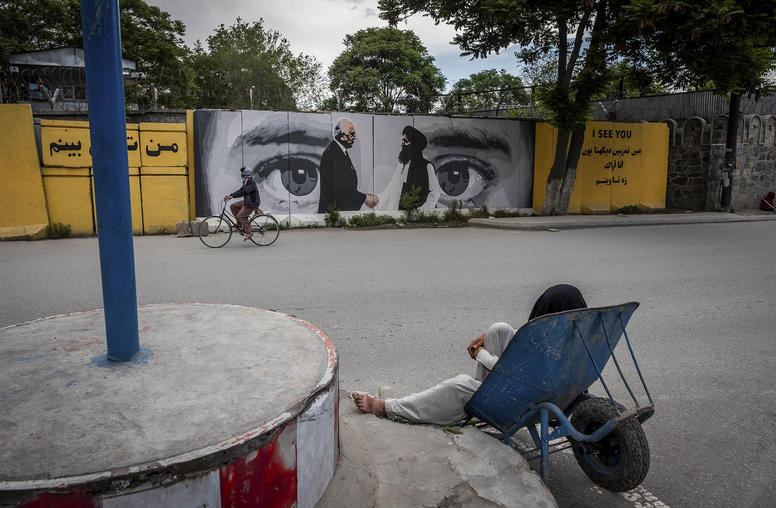
Missteps and Missed Opportunities for Peace in Afghanistan
The United States, successive Afghan governments and the Taliban missed several opportunities to achieve peace over the past couple of decades. Today, under the Taliban government, which is not recognized by a single country, Afghanistan is facing twin economic and humanitarian crises while the marginal gains made on women’s rights have all but evaporated.
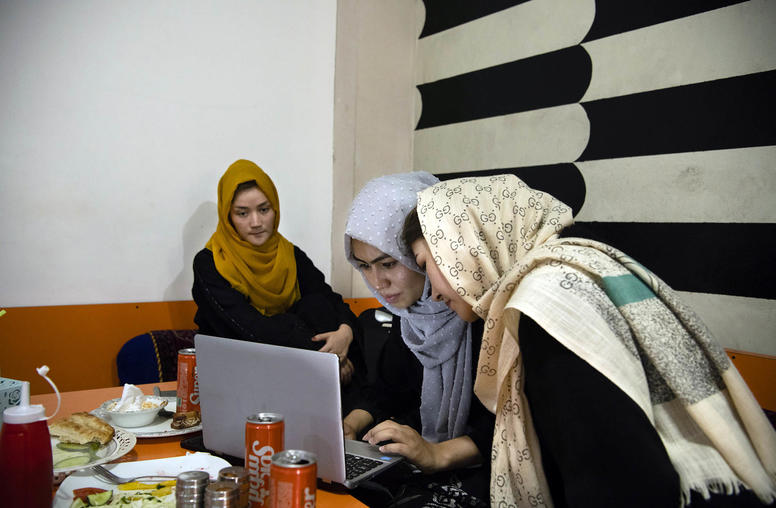
Taliban Escalate New Abuses Against Afghan Women, Girls
Afghanistan’s Taliban are escalating restrictions against women, sending armed men into girls’ classrooms and forcing staff to inspect girls’ bodies for signs of puberty to disqualify them from further schooling. Afghan women report Taliban enforcers beating women whom they find wearing Western-style pants beneath their regime-mandated outer robes. The Taliban are intensifying these assaults in response to women’s rights campaigns in Afghanistan and Iran, and amid their own struggle to consolidate power. The Taliban’s intensifying violations against women risk mass atrocities and may presage greater violent extremism and threats to international security. Policymakers must respond.
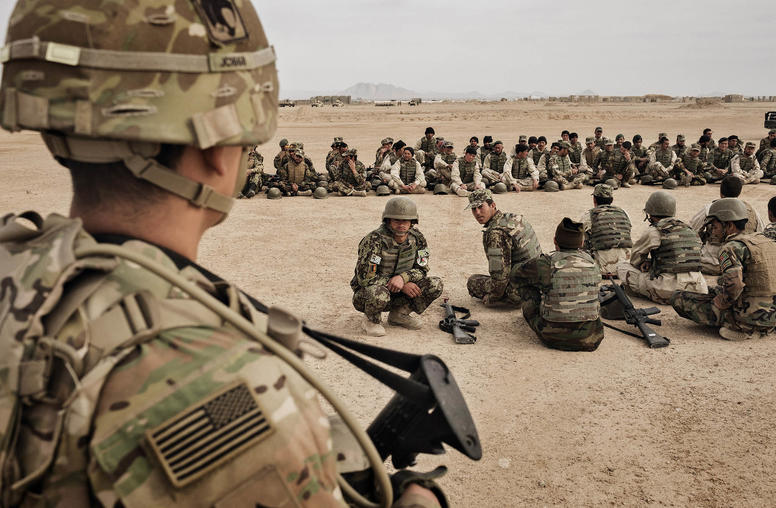
In Afghanistan, Was a Loss Better than Peace?
The American war in Afghanistan incurred staggering costs — for the United States, Afghans and others — over two decades. The U.S. government spent $2.3 trillion, and the war led to the deaths of 2,324 U.S. military personnel, 3,917 U.S. contractors and 1,144 allied troops. For Afghans, the statistics are nearly unimaginable: 70,000 Afghan military and police deaths, 46,319 Afghan civilians (although that is likely a significant underestimation) and some 53,000 opposition fighters killed. Almost 67,000 other people were killed in Pakistan in relation to the Afghan war.
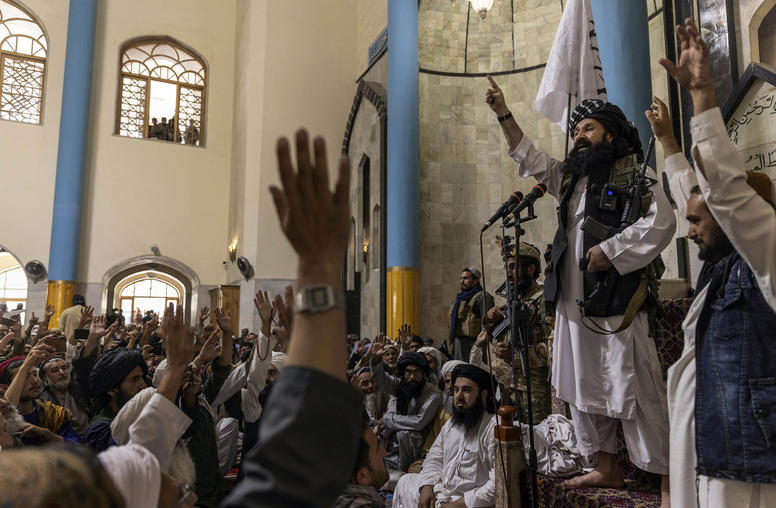
A Shift Toward More Engagement with the Taliban?
Since the Taliban retook power in Afghanistan in August 2021, the United States has found itself in a vexing dilemma — wanting to condemn and hold accountable the Taliban regime for persecuting women and girls, harboring terrorists and failing to govern inclusively, but also wanting Afghanistan to avoid famine and civil war, and achieve some economic and political stability. U.S. policymakers have thus tried to balance principle and pragmatism. To exert pressure on the Taliban, the United States has withheld diplomatic recognition and traditional development aid, frozen Afghan Central Bank assets and maintained sanctions on Taliban leaders.
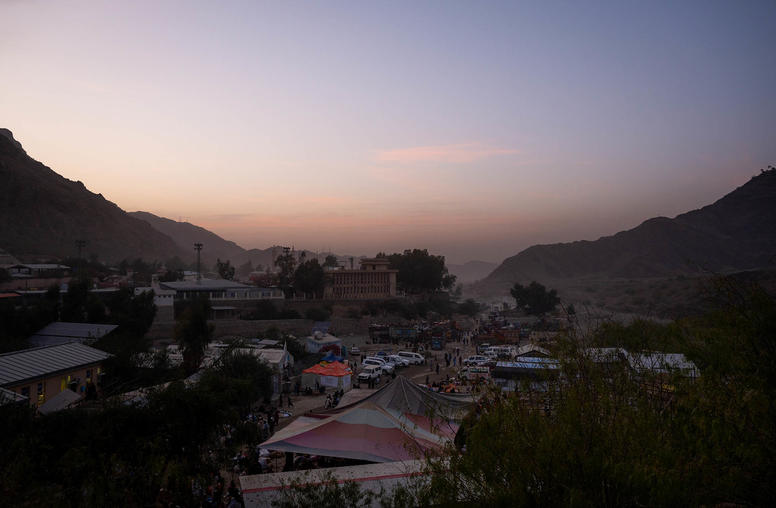
In a Major Rift, Pakistan Ramps Up Pressure on the Taliban
On November 8, in an unprecedented press conference, Pakistan’s caretaker Prime Minister Anwar ul-Haq Kakar offered a blistering critique of the Taliban regime in Afghanistan. He announced that the Taliban leadership was supporting the anti-Pakistan insurgency of the Tehreek-e-Taliban Pakistan (TTP) and that had contributed to a major increase in violence in Pakistan — leading to 2,867 Pakistani fatalities since the Taliban’s takeover of Afghanistan in August 2021.
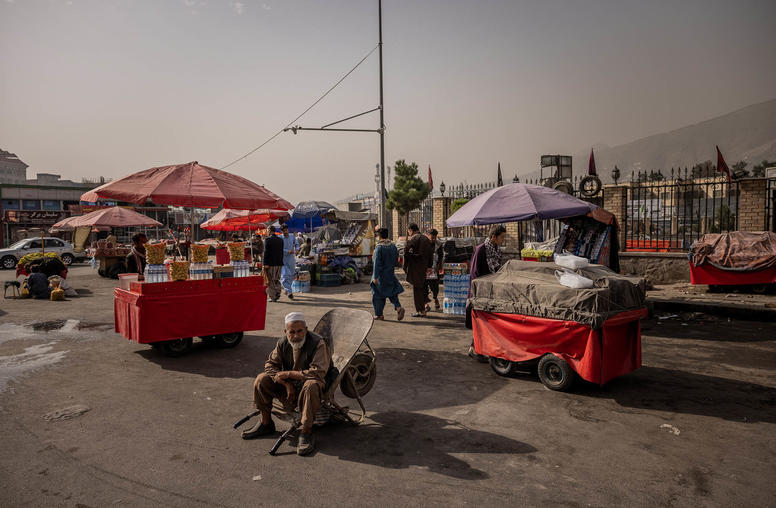
Afghanistan’s Economy Once Again Nears the Precipice
More than two years into Taliban rule, Afghanistan remains one of the poorest countries in the world with some of the highest humanitarian needs. The situation has shown some signs of stabilizing over the last year — but many Afghan households are still struggling to procure basic needs, and many women have been driven from the workforce altogether. Unfortunately, financial troubles loom ahead, and the already beleaguered Afghan economy is now projected to decline. Combined with population growth and the influx of thousands of Afghans forced to return from neighboring Pakistan, this is a recipe for increased humanitarian need over the longer term in the absence of major structural and political reforms.